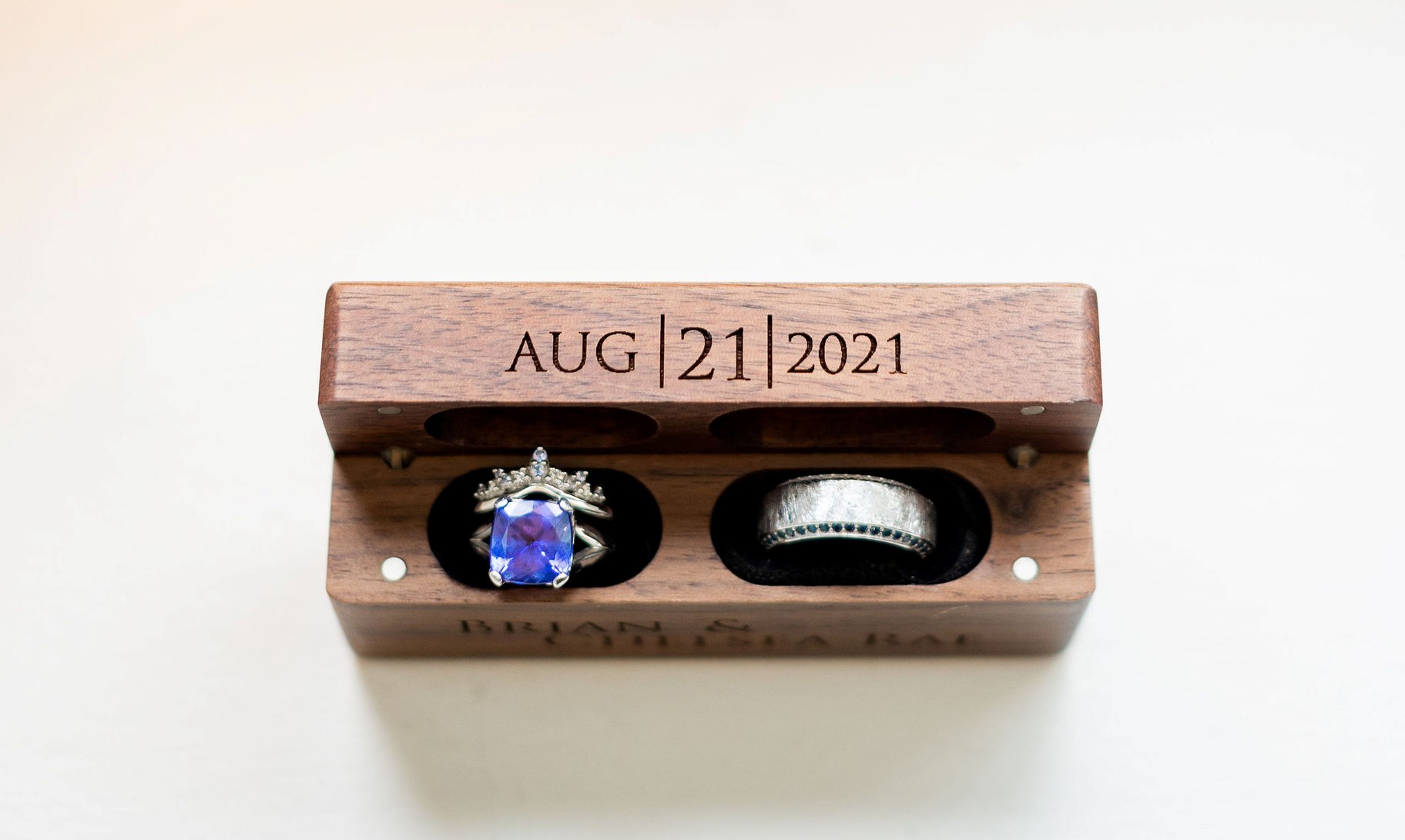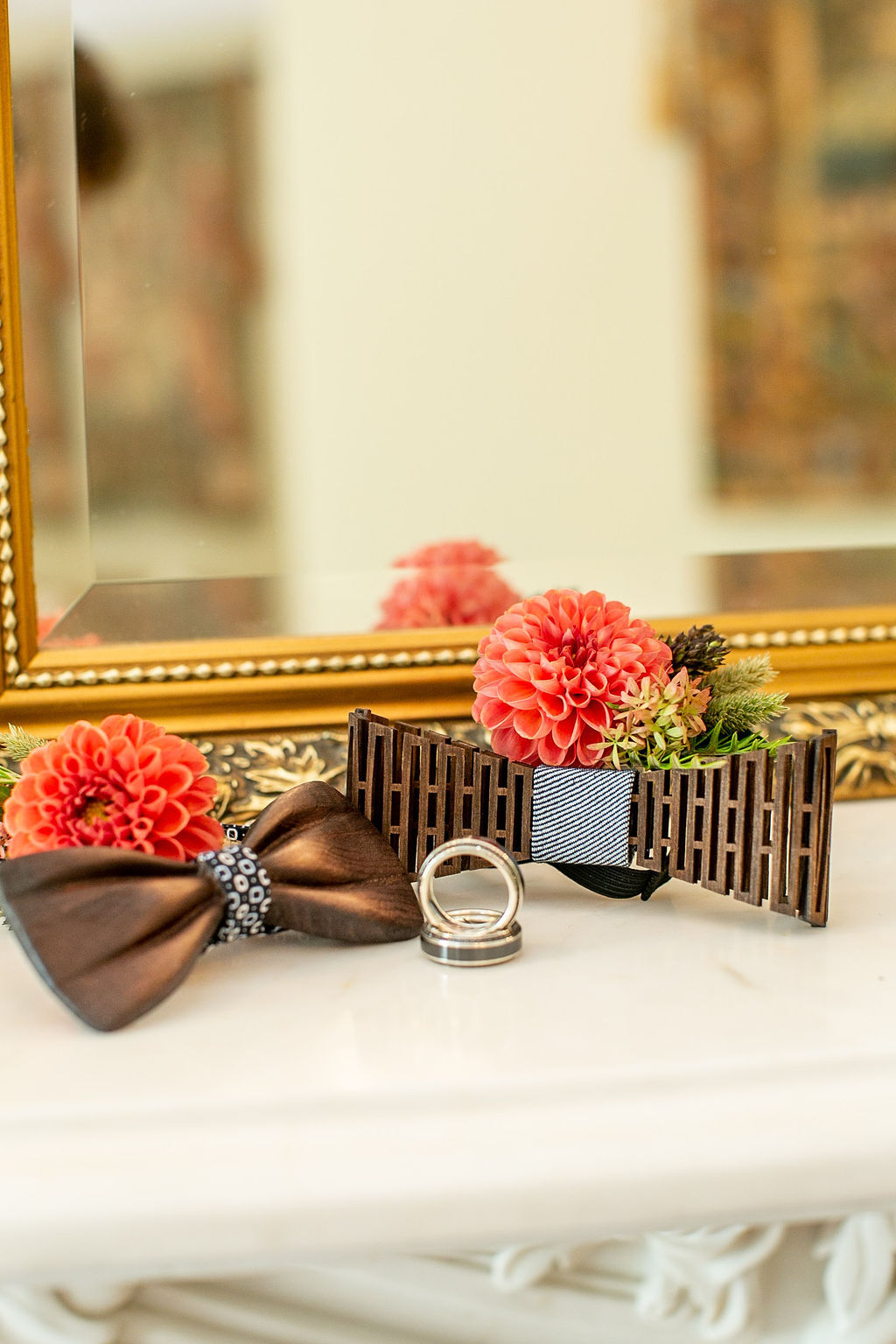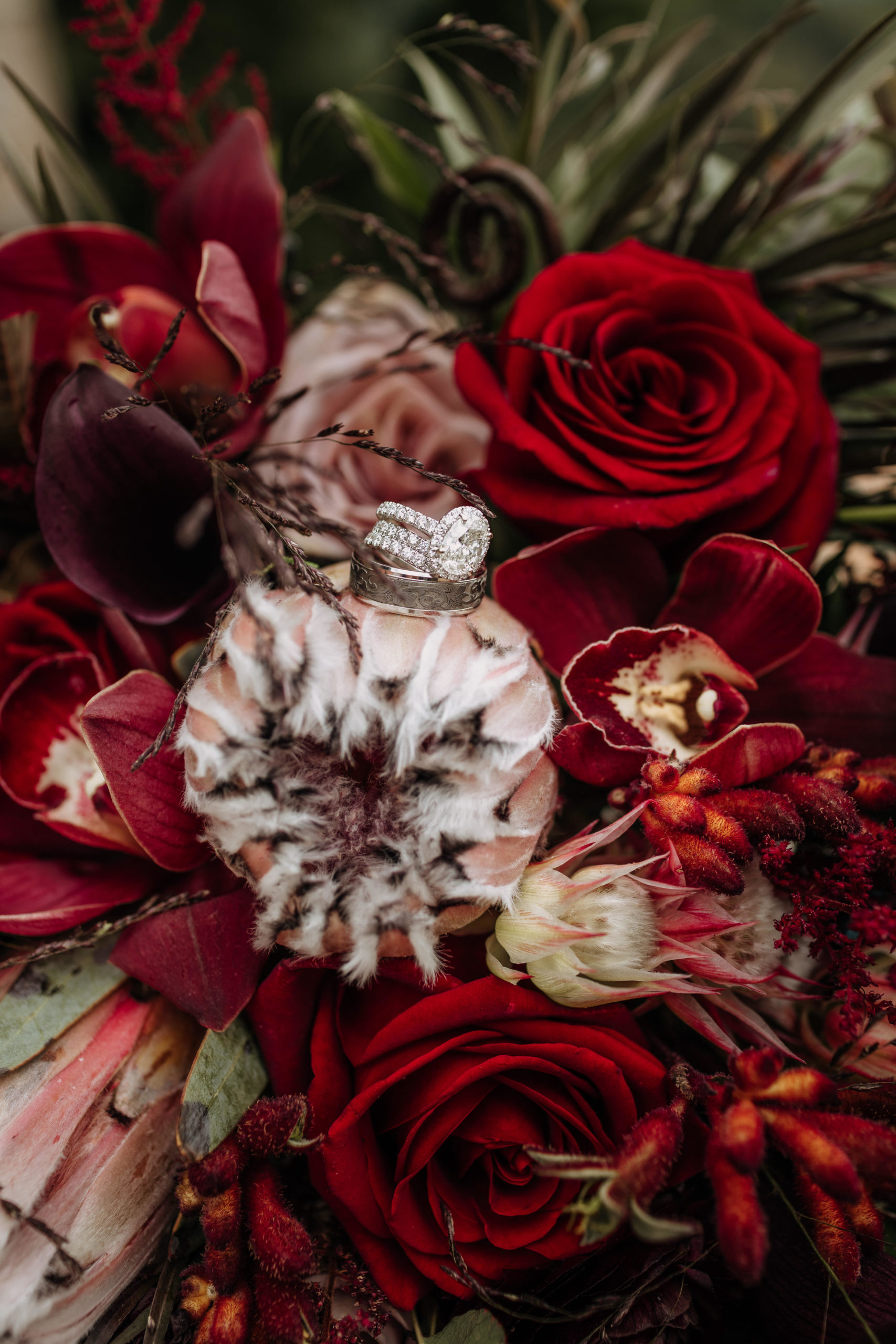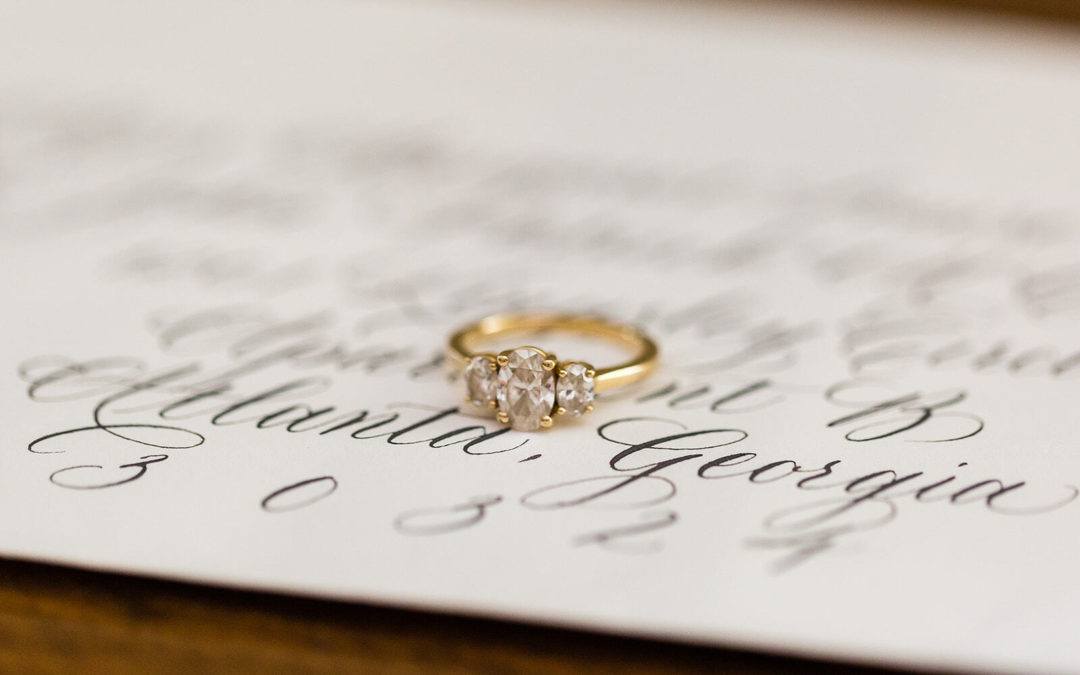It may not be the sexiest marriage-related topic, but the importance of ring insurance can’t be emphasized enough. Your engagement ring isn’t just a shiny piece of bling. It’s a symbol of your unconditional love, and that deserves extra protection. Not sure how the process works or just need a couple tips? We’ve got you covered!
Why You Need Ring Insurance
It’s simple: life is unpredictable, and if it means a lot to you, protect it. Even if you plan on taking the absolute best care of your ring, accidents and tragedies can happen when you least expect them. Just like auto and home insurance, ring insurance keeps you protected in the case of loss, theft, or damage to your ring. Depending on your coverage, you’ll either receive a replacement ring, be reimbursed the value of the ring, or have your ring repaired.
Insurance Options

There are two common approaches to insuring an engagement ring. The first is by adding your ring to your renter’s or home insurance policy. The average renter’s/homeowner’s policy typically covers up to $1,500 worth of valuables. So, if your ring is worth more than that (or you have other valuables you’d prefer to protect with that coverage), you’ll want to purchase an extension (sometimes called a rider or a floater) that covers your ring specifically. The other option is to purchase a policy from a jewelry insurance specialist, such as Jewelers Mutual, Lavalier, or BriteCo. Insurance experts highly recommend this option, as these companies typically provide more comprehensive coverage than homeowner’s policies do. Also, jewelry claims filed against your homeowner’s policy could cause your entire homeowner’s premium to rise. These small details could make a big difference!
Average Cost
Depending on a variety of factors, insurance tends to cost between 1-3% of the ring’s value per year. So, if your ring is worth $5,000, expect your premium to be between $50 to $150 annually. Keep in mind that this cost isn’t fixed; it will increase accordingly if you’re reappraising your ring and updating your policy!
Appraisals and Reappraisals


While an invoice or receipt is likely all you’ll need for less expensive rings, insurance companies typically require appraisals for pieces worth $5,000 or more. Regardless how much you or your partner spent, we highly recommend having your ring appraised by a certified gemologist. Why is this important? Well, you don’t want to pay for more coverage than your ring is worth, nor do you want less than its full value to be covered. The right fit is crucial! We also recommend having your ring reappraised ever 2-3 years. The value of a diamond ring is almost certain to increase over time, so make sure you’re keeping up with appreciation and updating your policy accordingly!
Important Details to Consider

- Read the fine print! Not all policies provide the same level of protection or the same method of replacement/reimbursement. Some plans cover loss and theft, but not damage, while others may be strict about where you can receive a replacement. Make sure every aspect of your plan fits your wants and needs!
- If you have other pieces of wedding jewelry that are important to you, you can insure them too! Consider adding them to your ring insurance plan.
- A diamond certificate or grading report can be a great asset alongside your appraisal. In addition to listing all of the measurements your appraiser needs, it contains details specific to your ring that can help you track it down if it gets stolen! Jewelers typically provide a certificate from an independent lab at purchase for diamonds half a carat or bigger. If you still need yours certified, the Gemological Institute of America (GIA) is the gold standard in diamond and gem grading!
National Proposal Day is coming up on March 20th, so if you plan on celebrating the occasion, make sure you have the necessary protection for that priceless piece! And if you’re wondering what else to do after getting engaged, we have an article for that!

